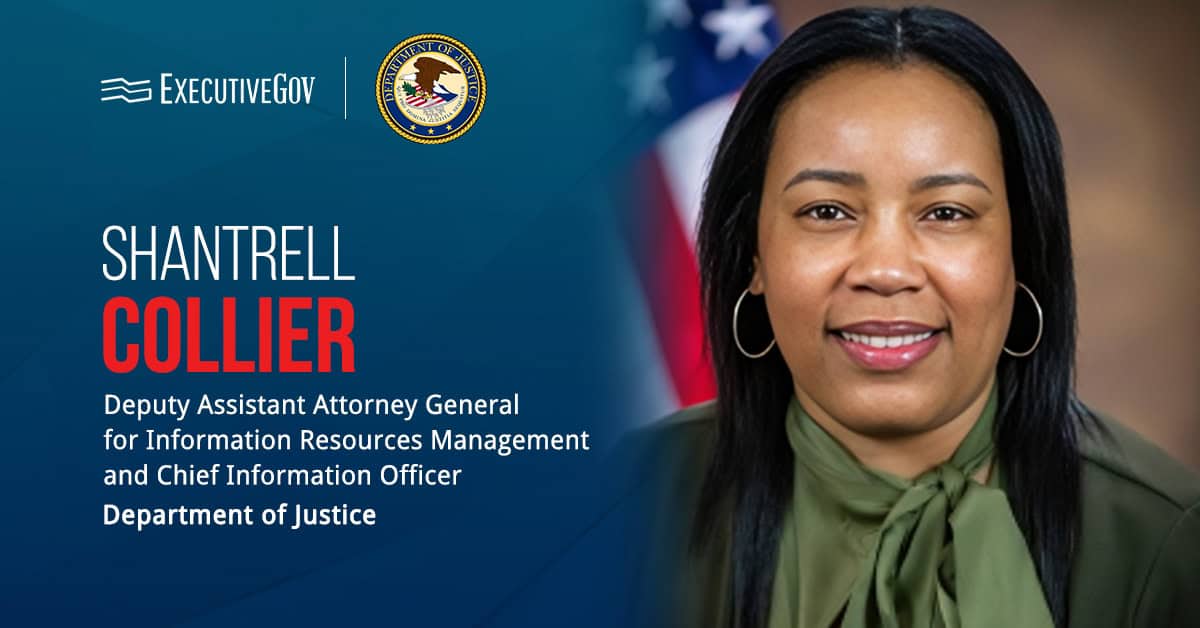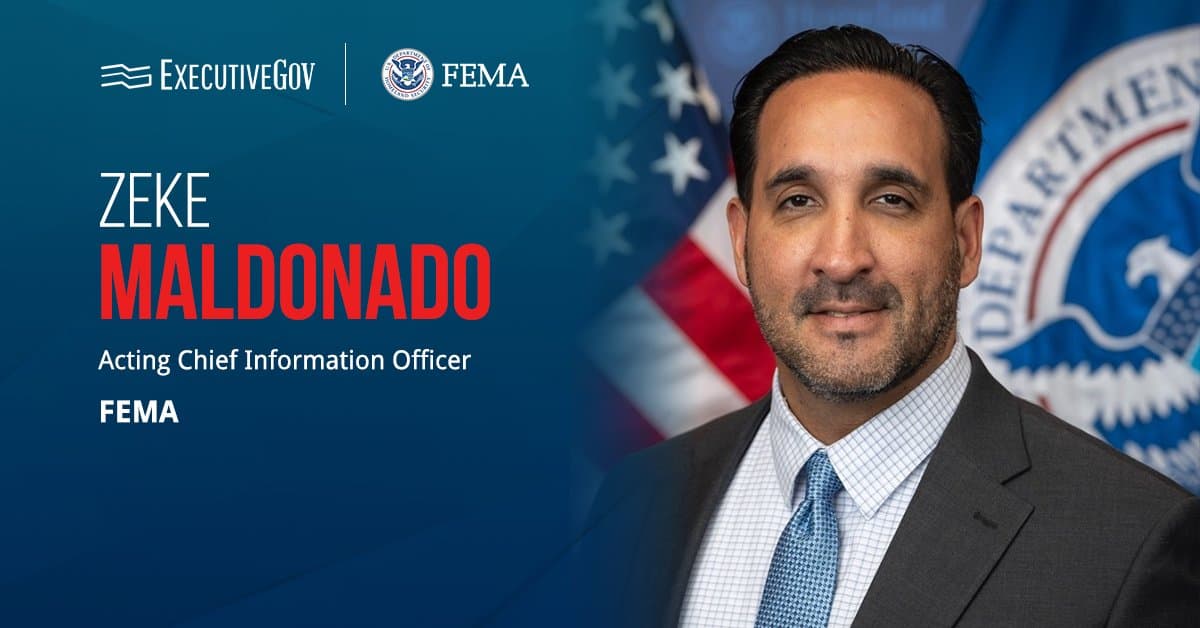
The National Science Foundation has selected Johns Hopkins University’s Center for Systems Science and Engineering to develop an existing web-based dashboard designed for COVID-19 tracking.
The institution will use an NSF-awarded $200K grant to manage and further develop the dashboard that displays information on COVID-19 cases and recoveries across all countries containing the disease, NSF said Monday.
Awarded funds would allow CSSE to update the dashboard's data capture process and integrate new features such as data context and evaluation.
Launched in January, the dashboard collects and displays data that the public, including researchers and health institutions, may access in a GitHub platform.
Public health organizations use the dashboard to develop plans and inform public safety decisions.
Work under the contract will run through April 30, 2021.





